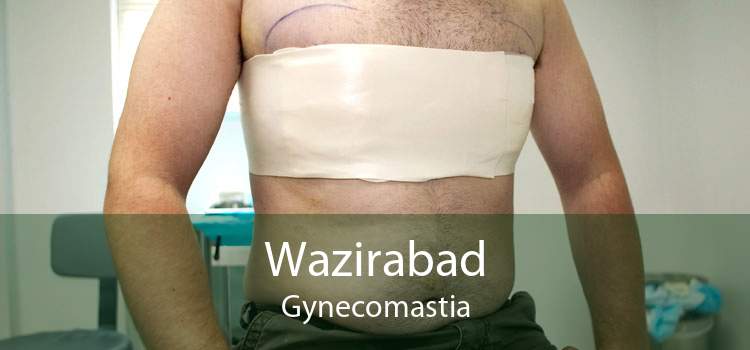Gynecomastia (guy-nuh-koh-MAS-tee-uh) is an increase in the amount of breast gland tissue in boys or men, caused by an imbalance of the hormones estrogen and testosterone. Gynecomastia can affect one or both breasts, sometimes unevenly. Newborns, boys going through puberty and older men may develop gynecomastia as a result of normal changes in hormone levels, though other causes also exist.
Generally, gynecomastia isn't a serious problem, but it can be tough to cope with the condition. Men and boys with gynecomastia sometimes have pain in their breasts and may feel embarrassed.
Causes
It’s normal. Seventy percent of boys get it during puberty. It’s caused by natural changes in estrogen (a "female hormone" that men also have) and testosterone. Newborn babies sometimes have short-term gynecomastia, too. That’s because some of their mothers’ estrogen stays in their blood for a while after birth.
Middle-aged and older men can also have the condition. It could be due to aging (which also shifts hormone levels) or because of certain medicines, including some:
-
Antibiotics
-
Heart medicines
-
Anti-anxiety drugs
-
AIDS treatments
-
Tricyclic antidepressants
-
Chemotherapy
-
Drugs that treat heartburn

Herbal products that contain tea tree oil or lavender oil can also increase breast size. That’s because they have natural estrogen that can upset your body’s normal hormone levels.
Sometimes it happens because of another health problem, like an overactive thyroid, kidney disease, or a tumor on one of the glands that controls your hormones.
Symptoms
Men with gynecomastia have a firm, rubbery mass underneath the nipple area. It’s usually less than an inch and a half across and may be tender. Sometimes there aren’t other symptoms. You may notice some fluid discharge.
It can affect one breast or both.
Diagnosis
The cause of gynecomastia isn’t always clear. So it’s a good idea to check in with your regular doctor or an endocrinologist, a doctor who specializes in hormone imbalances. During your appointment they may ask you:
-
How old were you when you noticed a change in your breast size?
-
Does the condition run in your family?
-
Have you noticed a difference in your nipple size?
-
Have you had any discharge or pain?
-
How's your overall health?
-
Do you drink alcohol, use drugs, or have you had infertility problems?



